
Microtrends Squared
The New Small Forces Driving Today’s Big Disruptions
ISBN: 9781501179914
Pages: 432
Recommendation
In 2007, pollster Mark Penn examined change not in terms of the large sweeping forces that everyone else was analyzing, but in terms of a number of “microtrends.” As Penn revisits the idea, he touches on specific predictions from the past, comments on how they played out and applies the same general ideas to new developments. At times, this tight focus seems to work against Penn. He finds causal relationships working on a smaller scale or within shorter time frames than before, and offers explanations that would prove more credible if they took a wider scope into account. Penn warns that many microtrends – not a single uniform force – shape today’s complex and nuanced age. These smaller trends clash and converge – and they’re all fascinating. As you read, you’re likely to recognize yourself in several places and to be surprised and intrigued by Penn’s overall picture.
Summary
About the Authors
Mark Penn spent decades in polling and marketing, served as chief strategist for Bill and Hillary Clinton, and wrote Microtrends. Meredith Fineman is a freelance writer and founder of the PR firm FinePoint.









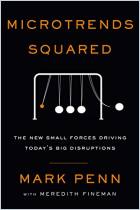
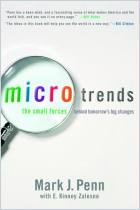
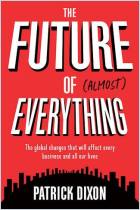
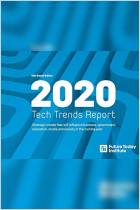
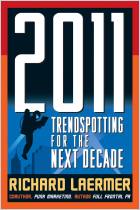
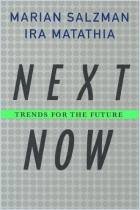



Comment on this summary or 开始讨论